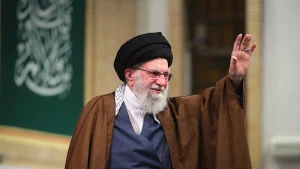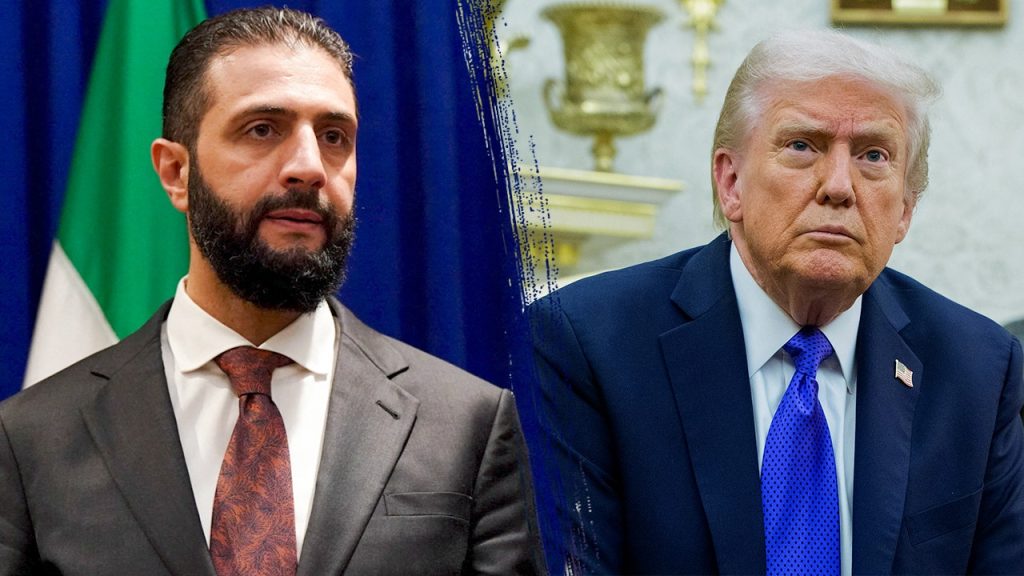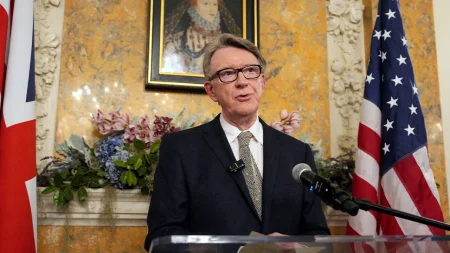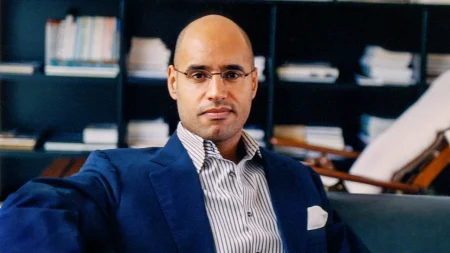A New Chapter in U.S.-Syria Relations: Trump to Welcome Syrian President Al-Sharaa
In a significant diplomatic shift, President Donald Trump is preparing to welcome Syrian President Ahmed al-Sharaa to the White House on Monday—marking the first visit by a Syrian leader in decades. This historic meeting signals a dramatic reversal in U.S.-Syria relations after more than a decade of hostility. According to senior administration officials, the focus will be on counterterrorism cooperation, economic development, and regional security. Perhaps most notably, Syria is expected to announce its membership in the Global Coalition to Defeat ISIS, becoming its 90th member. This development comes just days after the United Nations Security Council voted 14-0 to remove sanctions on al-Sharaa and Syria’s interior minister, paving the way for this diplomatic breakthrough. The timing is particularly significant as it follows al-Sharaa’s address to the U.N. General Assembly in September—the first appearance by a Syrian head of state in six decades—where he urged Western nations to lift sanctions and help rebuild his war-torn country.
The Trump administration appears ready to make substantial policy changes regarding Syria, with plans to suspend the Caesar Act sanctions for 180 days while pushing Congress for permanent repeal. “The Administration is issuing a 180-day suspension of the Caesar Act and is urging Congress to permanently repeal the Act to unlock economic growth,” a senior official confirmed to Fox News Digital. This suspension would allow U.S. businesses and regional states to operate more freely in Syria, potentially opening the door for reconstruction efforts. Additionally, the administration plans to allow Syria to resume operations at its embassy in Washington to “further counterterrorism, security, and economic coordination.” These moves represent a complete rethinking of U.S. policy toward Damascus, betting that engagement rather than isolation will yield better results for American interests in the region. For many Syrian citizens suffering from economic collapse and continued instability, these changes could represent a lifeline after years of devastating conflict.
The meeting has sparked both hope and concern among various stakeholders. Representative Abe Hamadeh (R-Ariz.), who visited Damascus this summer, views the visit as an opportunity to end years of bloodshed and promote stability. “This is the first chance Syria has to emerge from decades of brutal oppression and more than a decade of civil war,” he told Fox News. Meanwhile, about 100 influential Christian leaders, including prominent figures like Ralph Reed, Tony Perkins, and Alveda King, sent a letter to President Trump urging him to raise the issue of minority rights and protection with al-Sharaa. They specifically highlighted ongoing violence against Christians, Kurds, Druze, and Alawites in Syria, requesting that Trump secure a commitment from al-Sharaa to open a secure humanitarian corridor from Hader to Suwayda in southern Syria. This corridor would enable safe aid delivery and civilian evacuation, potentially signaling the new government’s commitment to protecting minority rights in a country with a complex sectarian landscape.
Al-Sharaa’s background has added another layer of complexity to this diplomatic engagement. The Syrian president formerly commanded Hay’at Tahrir al-Sham, a group once affiliated with al Qaeda, raising questions about his transformation from militant leader to head of state. Ahmad Sharawi of the Foundation for Defense of Democracies told Fox News Digital that Washington hopes the meeting will promote stability and contain Iran’s influence in the region. “The U.S. interest is having a government that is willing to fight ISIS and stop Iran from re-emerging,” he explained. However, Sharawi also cautioned that al-Sharaa’s domestic record shows “a political system that is not inclusive” with a pattern of power centralization. Despite these concerns, many Syrians reportedly see him as “the only figure capable of holding the country together” after years of devastating civil war that has left the country fractured, impoverished, and vulnerable to extremist groups like ISIS.
Al-Sharaa’s diplomatic maneuvering extends beyond Washington. In October, he traveled to Moscow to meet with Russian President Vladimir Putin—a remarkable development considering that just months earlier, Russian forces were conducting airstrikes against al-Sharaa’s positions in Idlib. Analysts suggest this demonstrates the Syrian leader’s pragmatism and willingness to engage with various global powers to secure his interests. “It’s a clear indicator of how al-Sharaa operates—focused on securing his interests but also being pragmatic,” noted Sharawi, adding that the outreach signals to the West that “if you don’t give me what I want, I have other countries I can lean on.” This diplomatic balancing act between Russia, Iran, and now the United States presents both opportunities and risks for American policy in the region. Representative Hamadeh emphasized the importance of ensuring “that ISIS and Iran never return and make sure the Russians and Chinese are kept at a distance,” highlighting the complex geopolitical calculations underlying this engagement.
For many ordinary Syrians, the prospect of renewed U.S.-Syria relations brings hope for economic recovery and stability. Syrian-American activist Hicham Alnchawati told Fox News Digital that Syrians largely welcome the visit, saying, “They’re looking for a better future. They suffered the war—there’s no water, no food, no economy, and no security.” However, Alnchawati also argued that lasting stability would require eliminating Iran’s and Hezbollah’s influence in the country, stating, “If you really want stability in the Middle East, you have to finish the job with Hezbollah and the Iranians.” The diplomatic opening with al-Sharaa has sparked debate in Washington and European capitals, with some lawmakers and human rights groups arguing that legitimizing a former jihadist commander could undercut accountability for past abuses. Others contend that relief offers Damascus incentives to cooperate on counterterrorism and drug control. As Sharawi observed, the policy gives “Damascus a powerful incentive but leaves Washington exposed. The political cost of failure would be enormous.” As President Trump prepares to welcome al-Sharaa to the White House, the stakes for both countries—and the broader Middle East—could not be higher.














